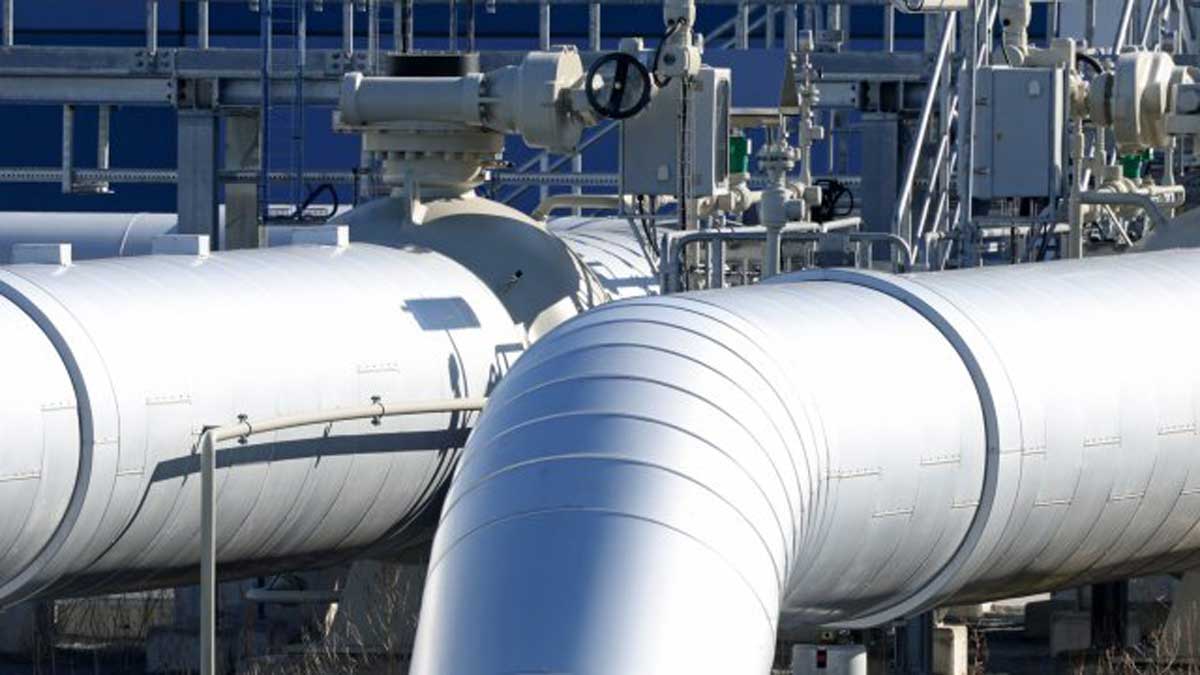EU companies can bypass Russia’s requirement to receive gas payments in rubles without violating European sanctions against Moscow if they pay in euros or dollars, which are then converted into Russian currency, the European Commission said, according to Reuters.
Companies will also have to seek additional conditions for transactions, such as a statement that they consider their contractual obligations fulfilled after making a deposit in a non-Russian currency (in dollars or euros), the Commission said.
Moscow has warned Europe that it risks cutting off gas supplies if it does not pay for blue fuel in rubles. In March, Putin issued a decree requiring energy buyers to open accounts with Gazprombank to make payments in euros or dollars, which can then be converted into ruble accounts.
Earlier this month, the EC said the decree risked violating sanctions imposed by the union by leaving the actual completion of the purchase – once payments are converted into rubles – in the hands of the Russian authorities.
However, in a consultation paper sent to member states this week, the commission said Moscow’s proposal does not necessarily preclude a payment process that would be in line with EU sanctions against Russia over the conflict in Ukraine.
The commission’s advice is not legally binding, but it is an attempt to steer the discussion while member states figure out how to continue paying for Russian gas, Reuters reported.
European authorities in Brussels also point out in the document that there are options that could allow companies to continue to legally pay for gas.
“Companies from the EU can ask their Russian counterparties to fulfill their contractual obligations in the same way as before the adoption of the decree, that is, by paying the amount due in euros or dollars,” the document says.
However, the procedure for granting exceptions to the requirements of the Russian regulation is still unclear, the EC document says.
Before making payments, EU operators can also make a clear statement that they consider their contractual obligations fulfilled when they deposit euros or dollars to Gazprombank, and not later, after converting the payment into rubles, which, however, the process is in the hands of the Russian side, the document says.
“It would be advisable to ask the Russian side for confirmation that this procedure is possible according to the rules of the decree,” the document says.
The European Commission spokesman said that companies should stick to the currency agreed in their contracts with Gazprom, 97% of which are euros or dollars.
The EU sanctions regime does not prevent companies from opening accounts with Gazprombank or engaging with the bank to try to find a solution, the commission said in a statement.

